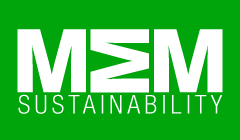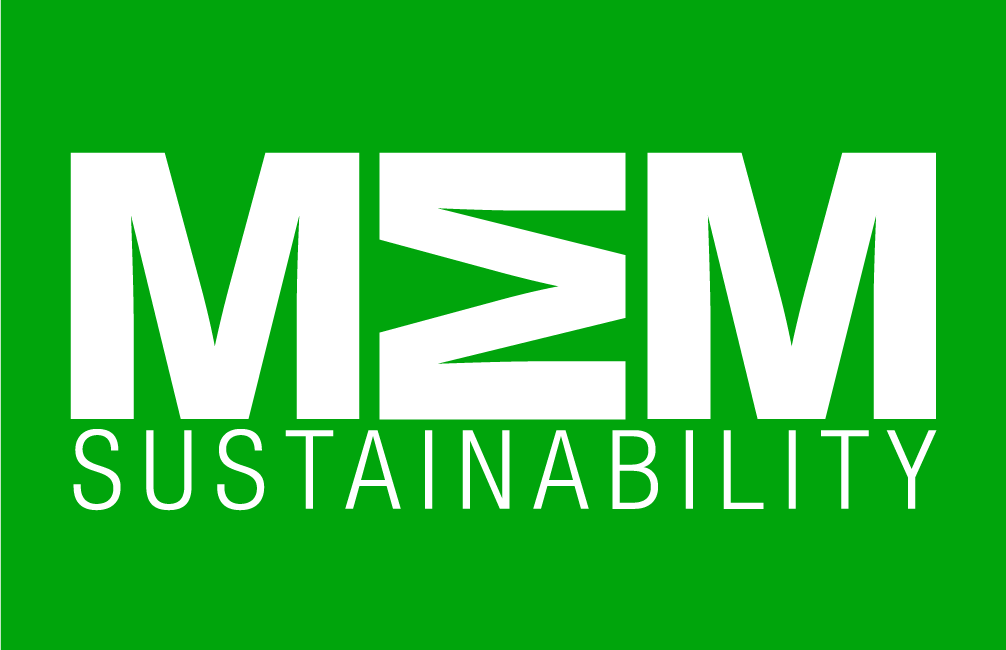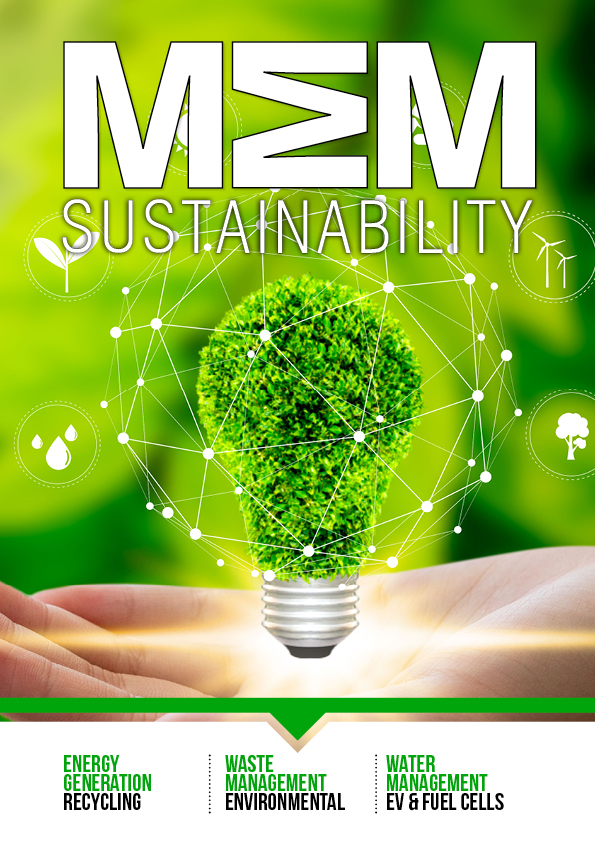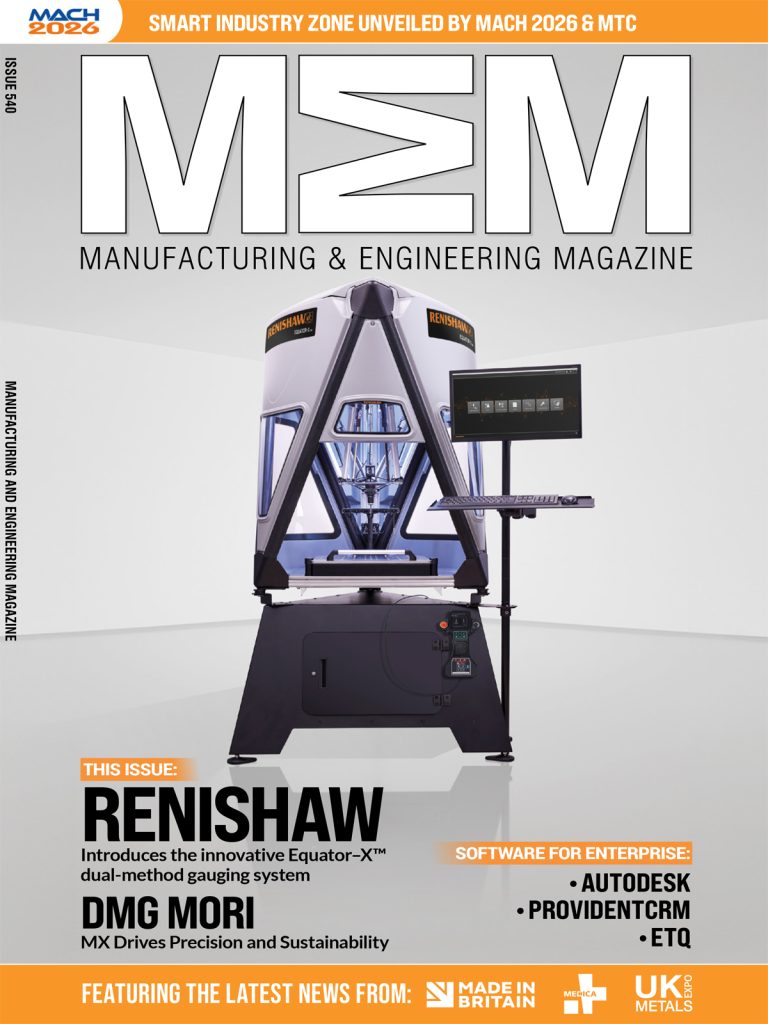Driving Sustainability: The Innovative Application of Green Technology in the Electronics Industry
As global climate change intensifies, the electronics industry is facing increasing environmental pressure. Carbon neutrality targets set by governments and stringent environmental regulations have driven the widespread adoption of green technologies. These technologies not only reduce the environmental footprint during production but also bring significant innovations in lifecycle management, energy use, and waste treatment.
Critical Applications of Green Technology in the Electronics Industry
1. Eco-Friendly Materials and Sustainable Manufacturing
Sustainable development in the electronics industry starts with the selection of raw materials. Traditional toxic materials are gradually being replaced by environmentally friendly alternatives, such as lead-free solder and low-halogen materials, significantly reducing pollution during manufacturing. At the same time, the development of biodegradable materials offers new solutions to the problem of electronic waste, supporting the advancement of sustainable manufacturing.
Modular design is also a key trend in green manufacturing. This approach makes electronic products more accessible to repair and recycle, reducing resource waste and lowering production costs. Additionally, an increasing number of companies are incorporating clean energy and energy-efficient equipment into their production processes, further minimizing the environmental impact.
2. Energy Efficiency Optimization through Technological Innovation
Energy efficiency optimization is a significant focus in the electronics industry. Global attention to energy consumption is prompting companies to accelerate the development of low-power products. Low-power chip designs, such as ARM architecture, combined with dynamic power management (DPM) technologies, enable devices to adjust power consumption based on usage, reducing unnecessary energy use.
Due to their enormous energy consumption, data centers are particularly critical for energy efficiency optimization. Modern data centers are adopting advanced cooling technologies and intelligent power management systems to achieve significant energy savings while maintaining high computing power.
3. Application of Renewable Energy
Renewable energy is becoming increasingly important in both electronic manufacturing and product design. More and more manufacturers are adopting solar and wind power to reduce reliance on fossil fuels, which not only lowers manufacturing costs but also enhances the company’s environmental image.
At the same time, the electronics industry is exploring the integration of renewable energy into product designs. Innovations like self-powered sensors and solar charging devices are gaining traction, particularly in the Industrial Internet of Things (IIoT) sector, where they show great potential.
4. Electronic Waste Management and Recycling
The rapid turnover of electronic products has made electronic waste management a key challenge in the industry. To reduce environmental harm, the electronics industry is shifting toward a circular economy model, promoting the recycling and reuse of products. Companies are establishing recycling systems to recover precious metals, plastics, and other materials from old devices. This not only reduces electronic waste but also creates new market opportunities for recycled materials.Modern dismantling and separation technologies make the recycling process more efficient, providing robust support for the growth of the global circular economy.

Challenges and Future Outlook
Although green technologies offer numerous benefits to the electronics industry, their widespread adoption still faces challenges. First, the research and implementation costs of green technologies are high, making it difficult for many small and medium-sized enterprises to afford them. Second, market acceptance and consumer willingness to pay premiums for eco-friendly products need to improve.
However, with advancements in technology and government support, these obstacles will gradually be overcome. In the future, the proliferation of green technologies will significantly enhance the sustainability of the industry while creating more market opportunities for businesses. The electronics industry, driven by global carbon neutrality goals, will achieve even more incredible breakthroughs through the adoption of green technologies.
WIN SOURCE: Leading Green Supply Chains at Electronica 2024
As a global leader in electronic component distribution, WIN SOURCE is dedicated to providing high-quality electronic components and efficient supply chain solutions, covering global sourcing, obsolete management, cost control, shortage management, alternative solutions, and excess inventory management. Its Rapid Rabbit Laboratory is ISO 17025 certified and strictly adheres to IDEA-STD-1010 and ISO 9001 standards, offering comprehensive testing services for electronic components. Equipped with advanced technology and a professional team, the laboratory ensures that every test meets the highest standards, effectively preventing counterfeit products from entering the supply chain and enhancing component quality and reliability. Additionally, the laboratory plays a key role in supporting green supply chain management, reducing resource waste and environmental impact caused by non-compliant products.
WIN SOURCE will participate in Electronica 2024, held in Munich from November 12 to 15, 2024, at booth B4-121, with a total exhibition area of 156 square meters. The company will showcase its achievements in global procurement and sustainable supply chain management, further reaffirming its long-term commitment to supporting global partners in their green initiatives.
Win Source: Your One-Stop Online Store for Obsolete & Hot-Sales Electronic Components
Reprinted from WIN SOURCE ELECTRONIC-NEWS
2024 Win Source Electronics. All rights reserved. This content is protected by copyright and may not be reproduced, distributed, transmitted, cached or otherwise used, except with the prior written permission of Win Source Electronics.
Manufacturing & Engineering Magazine | The Home of Manufacturing Industry News
















